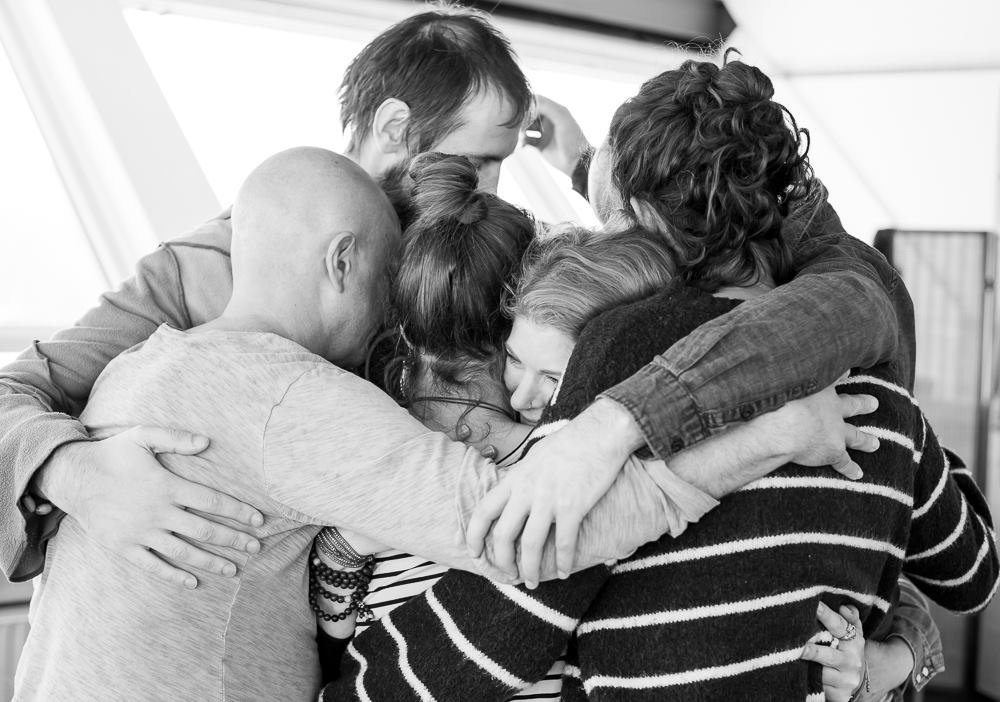Perfectionism Is a Lonely Game
"Alone we can do so little; together we can do so much".
~ Helen Keller
For as long as I remember, I've thought of myself as a lone wolf. I can be fiercely independent with a deeply held belief that I have to do things on my own.
Some of this is part of who I am. There are (embarrassing) family videos of me as a three-year old proudly declaring "look, Daddy, I did it all by myself!"
I've also come to realise that the roots of this story are a survival strategy. In a world of regular moving and boarding school, "needing" other people felt dangerous and unreliable. I imagine that I doubled down on that natural independence to shut myself away from the world so other people couldn't disappoint me, hurt me, or let me down.
Being a lone wolf suited me. As an RAF Intelligence Officer, I often had to spend hours researching and reading before presenting my analysis. My work had an inherently solitary aspect to it which suited me down to the ground.
And yet, I was deeply lonely for much of my twenties and early thirties.
As proficient as I had become at squashing down my feelings, loneliness gnawed at my insides. I saw people around me forming long-term friendships and relationships as I stood quietly on the sidelines, having taken myself out of the game almost entirely.
As a full-blown perfectionist back then, I automatically assumed there was something wrong with me. Maybe I had missed the lessons where everyone had seemed to learn how to make friends.
I remember this version of myself with tenderness and compassion. I was doing my best to navigate life with the skills, stories and strategies I had learned would keep me safe. And they were pretty effective in so much that I had a lot of what I wanted in life. Yet, I knew deep down that they were coming at a cost.
The irony that all my work now is based around being in connection with people is not lost on me. But it's more than just the focus of my work. I've come to realise how critical friendship and community are to my vitality.
It's actually fun to work with people, to collaborate and create something with others. My work is better for exposing it to different views and perspectives. I feel so full after spending time with people who I feel comfortable being wholly myself with. Don't get me started on the benefits of cuddles.
I'm learning that my stories of not being able to rely on other people, of not needing them, and of it being somehow inherently more worthwhile if I do everything myself are no longer true. I can choose something different.
I don't think this story is unique to me. I think being a lone wolf is a trait of perfectionism. It's part of that defensive shield that prevents us from being seen. It helps us keep people at arms length so they can't see past the perfect veneer. It stops us asking for help and comfort. It prevents us from getting our basic needs met (including the twelve cuddles we need a day to thrive).
I invite you to be curious about your stories around (hyper) independence. What stories and beliefs do you have about asking for help and needing others? How have those stories served you? What cost might they have? Could you rewrite them?
Being in community more is going to a big part of how I want to work this year, from Connection Cafe to Group Adventures and maybe even an in-person gathering here in Bali towards the end of the year. Recovering from perfectionism is a team sport so let's play imperfectly together.


